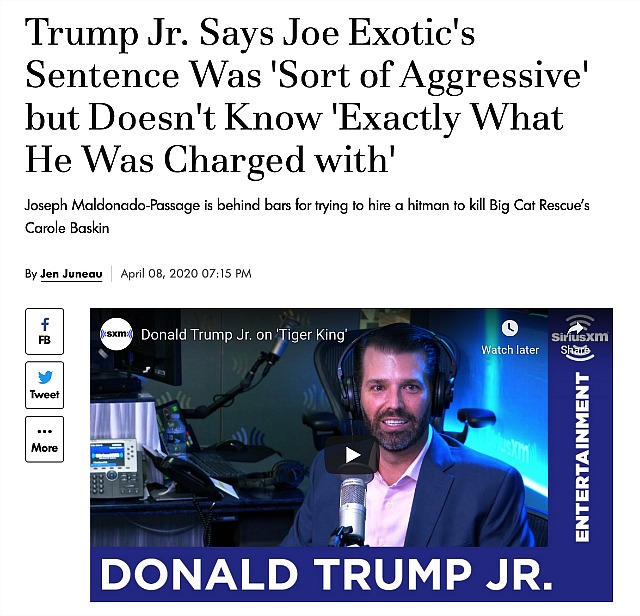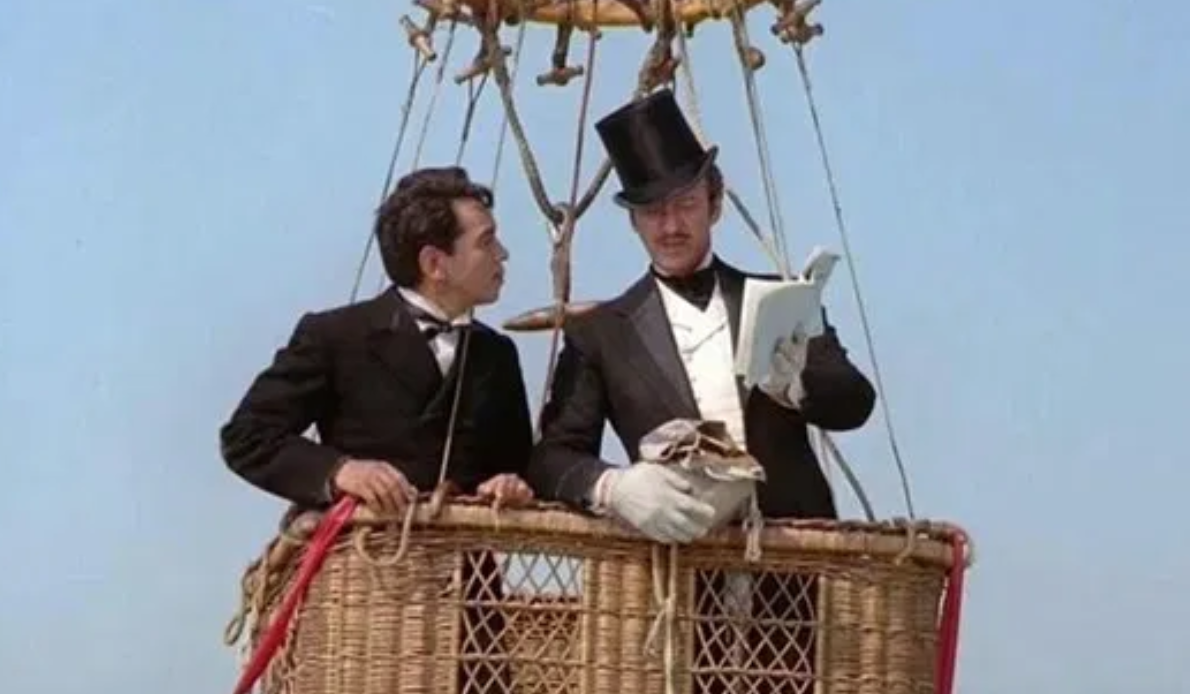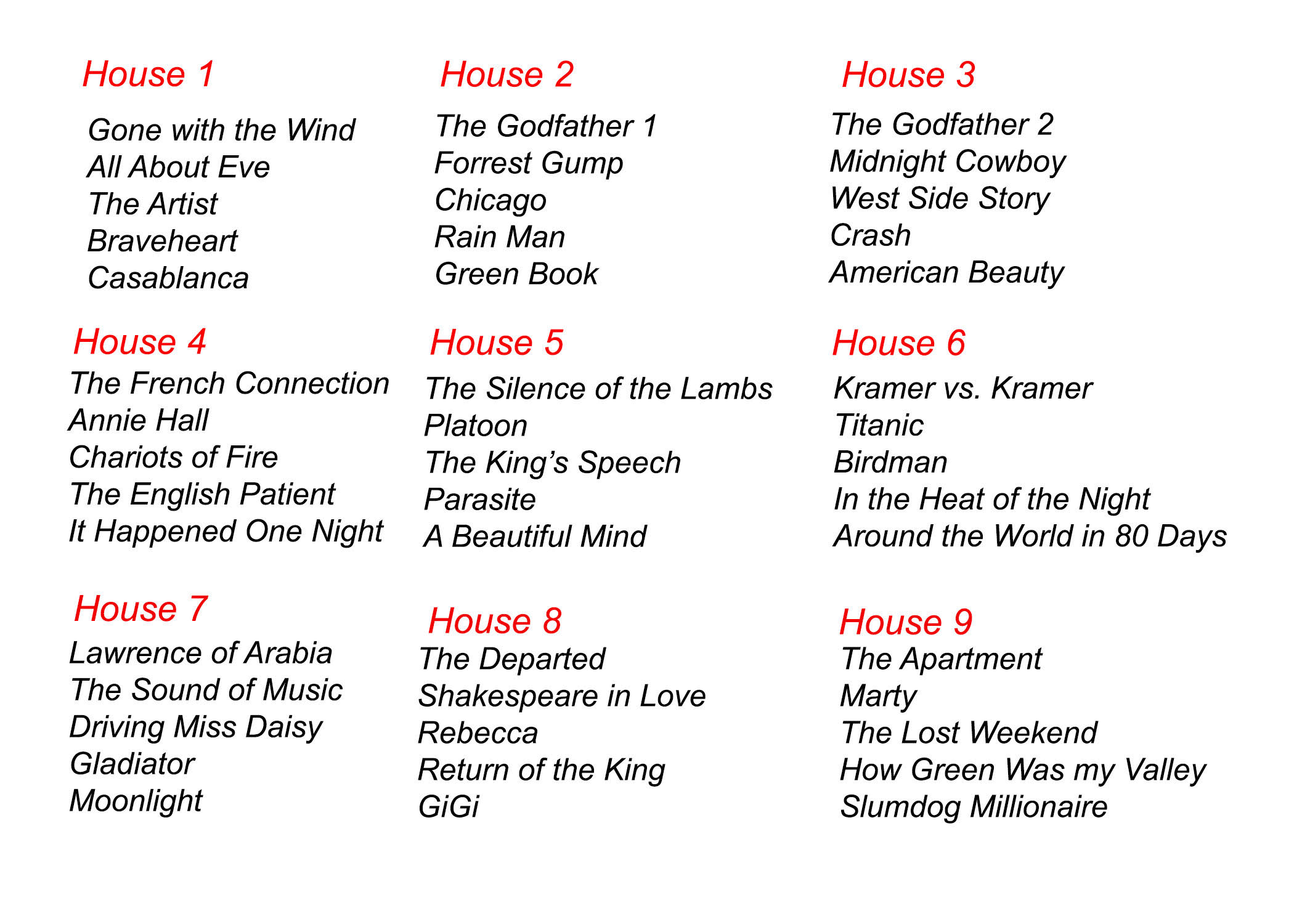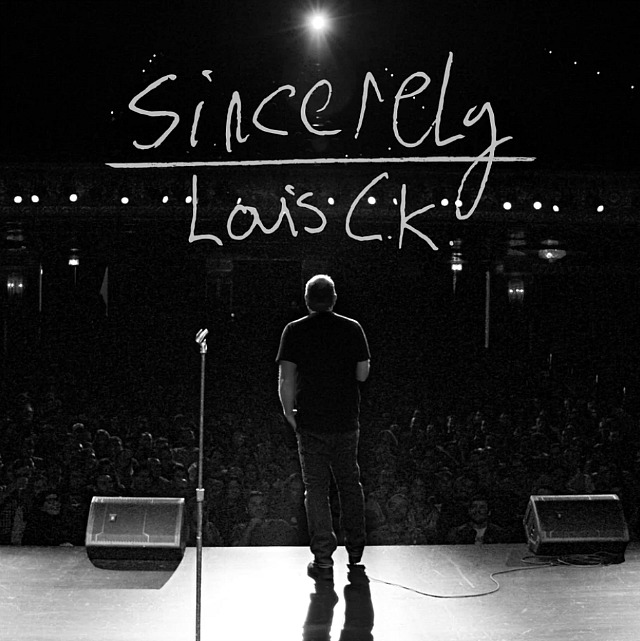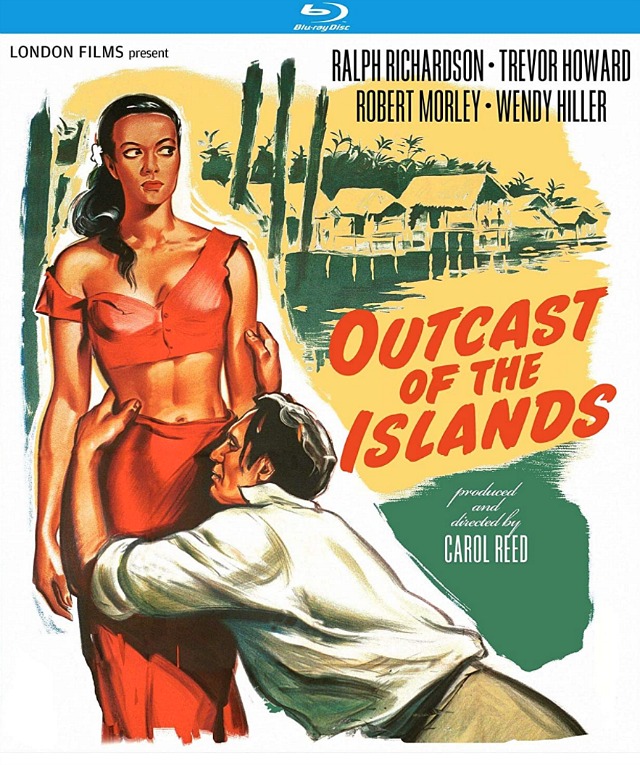Yesterday afternoon NIAID honcho Anthony Fauci suggested that handshakes should be permanently retired. I’ve shaken tens if not hundreds of thousands of strange hands since I was 12 years old, but I could adapt to the new reality. Elbow bumps, Japanese bowing…I could roll with that.
But I would be very sad about giving up left-shoulder attaboy pats, which I’ve been doing for decades. Along with brief right forearm clasps, which I sometimes do when I really like or admire a person I’m shaking hands with. Or standard between-the-shoulder-blade bro pats, which are used when saying farewell at parties.
Fauci is basically saying “forget all casual touching or patting of any kind…forget that aspect for the rest of your time on the planet. For the remainder of your lives, every person you come into contact with is a potential disease-giver or unintentional murderer.”
Fauci said he hopes to see a “light at the end of the tunnel” by the end of April, or three weeks hence. HE doubts that scenario — June or July are more likely.
“When you gradually come back, you don’t jump into it with both feet,” he warned. “You say, what are the things you could still do and still approach normal? One of them is absolute compulsive hand-washing. The other is you don’t ever shake anybody’s hands,” Fauci told The Wall Street Journal‘s Kate Linebaugh and Ryan Knutson.
“I don’t think we should ever shake hands ever again, to be honest with you,” he stated. “Not only would it be good to prevent coronavirus disease, [but] it probably would decrease instances of influenza dramatically in this country.”


